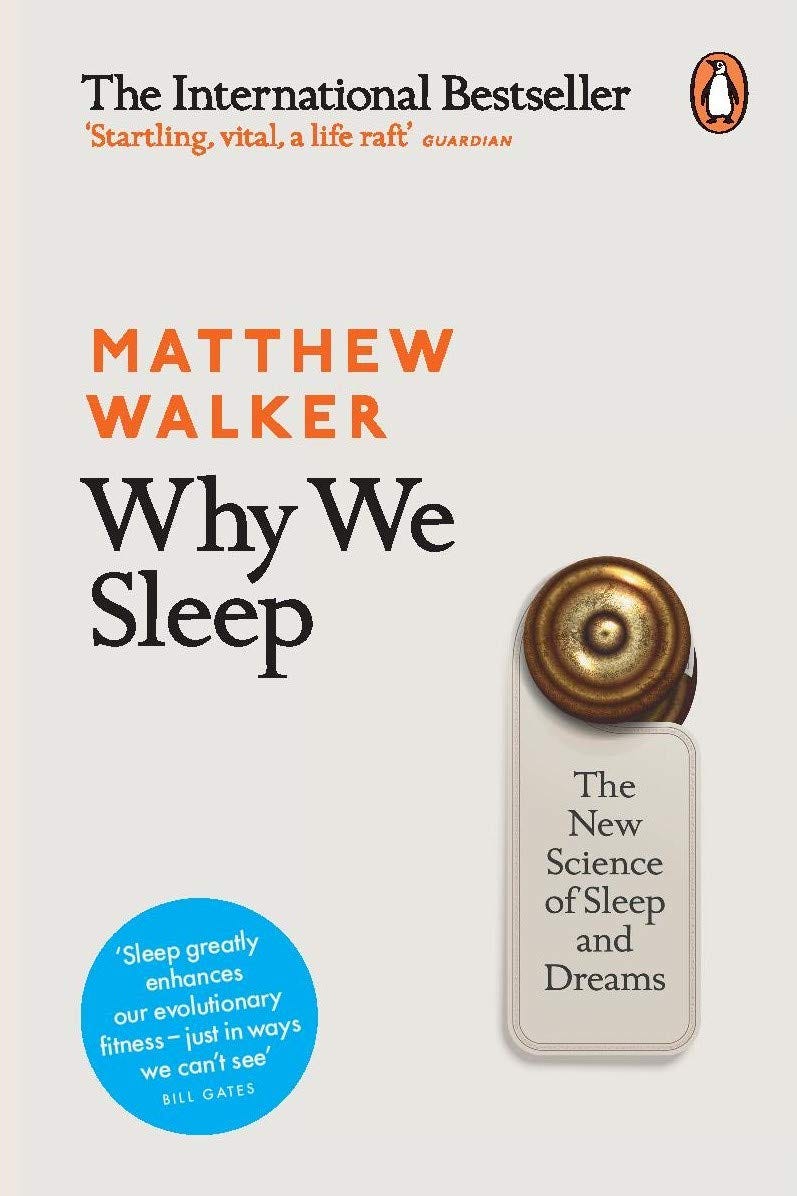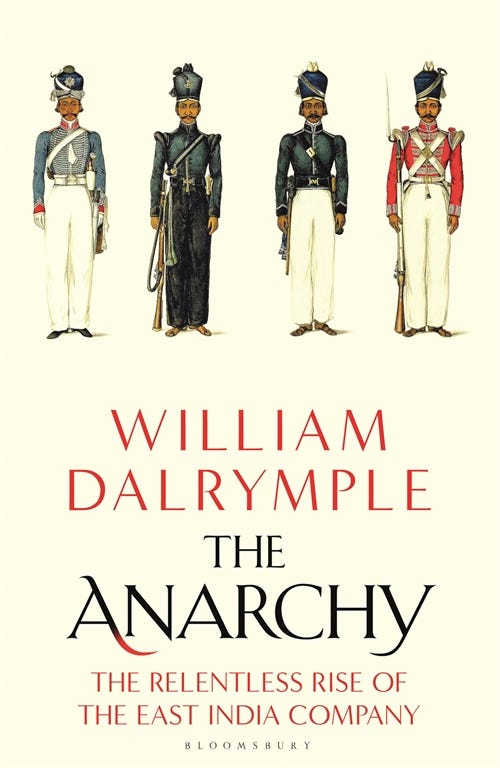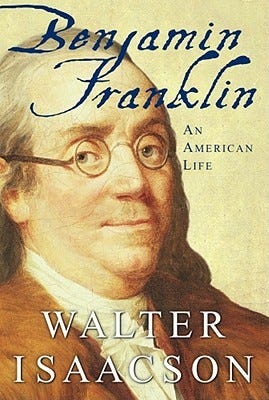No good read goes unfinished
I read a few books each year. This year I managed to finish 30 books, thanks to a lot less time spent on the roads of Bangalore. Here they are...
About 9 months ago, my sister decided to start a book club, recruiting known bookworms from amongst family & friends. The intention is to read and share opinions on at least one book a month. The plan was to use a single kindle account (hers) through which all members had access to read the chosen book. In a moment of magnanimity, she also offered to buy the first few books for encouragement and getting the ball rolling. By the end of the first month, three-fourths of the group were behind on their reading and not so particularly interested in catching up either.
Many spirited efforts were made trying to get the group back on track; first through incentives and later fines, but to no avail. It then reached a point where it was just me, my sister and her feeble attempts to salvage her ambitious project. Not wanting to give up this early, she continued to add a new book every month hoping it would attract some of them back into the fold. Alas, that didn't last long, and very soon she gave in by voluntarily resigning from the club, making me the last man standing.
People say, ‘No good deed goes unpunished’.
In the end, her good intentions of starting the club, buying interesting new books and providing the whole group with access to her Kindle account, just turned out to be ‘her’ sponsoring ‘my’ reading budget’ for the year.
People also say 'to achieve greatness, one must start with goodness'. Owing to my win-win situation, the least I can do is to give her a shout out for the initiative and for enriching my life through this difficult year.
List of all 30 books I finished in 2020! If you have any suggestions for similar books I should be reading or reviewing, please do let me know in the comments below.
Atomic Habits by James Clear - It was a quick read. Atomic Habits talks about how to develop a habit in small steps that many would find very useful. I enjoyed reading the book. Some of the tips were already known to me, but the how is what matters and the writer does a good job at it.
Einstein by Walter Isaacson - I have always been fascinated by Physics but this book is not so much about the Physics as the man behind the physics. It is a fascinating read like most books by Walter are. This book dives into the nuances of the discoveries made while at the same time discussing the myriad flaws that made up the person. It was an enjoyable read.
Shoe Dog by Phil Knight - Shoe Dog is an autobiography by the founder of Nike. Set in a time that many of us may not relate easily with, the book traces the rise of the company and the challenges that it had to overcome to become what it is today. Phil a runner himself co-founded the company with his coach. A fascinating read spanning decades. I absolutely recommend it.
Elon Musk by Ashlee Vance - Elon Musk is a very controversial figure and this is an authorised biography of his life. As you might expect, it paints him in rosy colours. The book traces his childhood, the founding of Paypal and all the rest thereafter. It is quite an inspiring book and a quick read.
The Brain: the story of you by David Eagleman - While an interesting book, ‘The Brain’ simplifies the science behind how the brain works. It is certainly not the best book I have read this year but I would certainly recommend it if you want to learn the inner workings of the human brain.
The Ivory Throne by Manu S Pillai - The Ivory Throne is a book that takes you through the last 100 years of the Travancore Empire. While it goes further back at times to set the context, it is a very detailed and an unbearably biased retelling of the decline of the throne. Filled with painful details of the intrigues that made up royal life. This one took me the longest to complete also because it is so damn long. My advice read the short description on Wikipedia.
The hidden life of trees by Peter Wohlleben - You will not see another tree the same way! Peter loves the forest and having spent so much time in the woods, he explains how trees behave. This is a deeply insightful book that explains a lot of the biology of how trees grow, communicate and thrive. When you read this book, you will learn about the feelings that trees have. I highly recommend this book.
Our Mathematical Universe by Max Tegmark - While the book is meant to explain the maths behind the physics, it is written delightfully. Max writes with wit and it makes the book fun to read. He is also incredible at explaining the concepts from the sub-atomic to the intergalactic. I would certainly recommend this book.
Measure What Matters by John Doerr - The legendary Investor behind Google, Facebook and several other startups; John Doerr shares what all these startups have in common. Objectives and Key Responsibilities (OKR). A management style first pioneered at Intel; this book takes you through the process of setting up OKRs. It also shares case studies of products like Google Chrome and how OKRs played a role in their success. If you are starting a startup or struggling with managing one, a must-read.
When Breath Becomes Air by Paul Kalanithi - The book is an autobiography of a surgeon who does not manage to realise his potential because he contracts cancer just at the verge of the completion of his internship. The book is about his struggles with the disease and his perspective of what his life would have meant. A short and breezy read.
Behave by Robert Sapolsky - Humans are capable of incredible violence but at the same time we are also capable of great kindness. What triggers one decision or the other? Robert attempts to answer such questions through the analysis of the processes that go in the brain that precipitate them.
The Moonshot Game by Rahul Chandra - This book is the biography of a fund. Rahul lays out how Helion VC got started, the challenges that they faced on the other side of the table and how the firm finally met with its end. If you want a closer look at the workings of a VC fund, it is worth a read.
Kohinoor by William Dalrymple - There were three books by William Dalrymple that I read this year. Kohinoor traces the history of the famous diamond from India to Persia, back to India, and then to the Crown of the Queen. For any Indian, it is a painful read because it chronicles the subterfuge and theft that the British engaged in. While it is a history book, it feels like a novel. Beautifully written. Must read. #ShortRead
Why We Sleep by Matthew Walker - A researcher, with 20 years of research in his bag explains sleep and its importance in our lives. I think this is the most important book that I have read this year. The awesome part is that he does not stop with the science, he does into its implications on business, policy and life.
The Entrepreneurial State by Mariana Mazzucato - Most of the biggest innovations are seeded by the government. The companies normally figure out the application and scale part of it but rarely do they invest in figuring out the science. This is the foundation on which the book is written and provides example after example from America of how the exceptional companies were able to take advantage of investments made decades ago, whether that be clean energy, the internet, AI or several other things. Also makes a case for why it is fair to tax these companies more heavily.
Weapons of Math Destruction by Cathy O’Neil - Algorithms determine so many things in our lives today. How much credit do you get? Whether you get recruited or not? Are you suspected of a crime? These algorithms are all fundamentally biased and we live in a world with the bias is hidden by making it sound like the algorithms are complex impossible to understand code. Cathy rips apart the bias and showcases what far-reaching effect that has on the lives of people.
City of Djinns by William Dalrymple - This book is an ode to Delhi by the author who moved to the city in 1989. The book describes the Delhi of 1989 and traces the history that brought it there. Each chapter takes you back a few hundred years and shares the stories that make Delhi what it is today. If you have ever lived in Delhi this is a book you just cannot miss.
Anarchy by William Dalrymple - This is the first of the three of his books I read this year. Anarchy charted the rise of the East Indian Company from 1600 to 1800. He stops just before the revolt of 1857 which led to the nationalisation of the company. It’s a book that should be made a mandatory part of school syllabus in my opinion. History is told like a story and is incredible.
Range by David Epstein - In a world that appreciates and sometimes even pushes people towards specialisation, how important is the breadth of knowledge? With several examples from the past and the present, he makes a case for generalisation and the need for knowledge from across streams for us to be able to pick out the right analogy to understand what we are faced with.
Leonardo Da Vinci by Walter Isaacson - A veritable genius, Leonardo da Vinci had several achievements. Walter Isaacson does his best to trace and put together the life of the artist and scientist also taking the time to describe some of his greatest achievements. Absolutely worth the read.
How Democracies Die by Daniel Ziblatt and Steven Levitsky - A book that is right for the times, this book takes you through the evolution of the political system in America since the Civil rights movement. It provides an insight into what guardrails protect democracy and how they have come apart in the past and how those are beginning to come apart in different parts of the world.
Eight Lessons on Infinity by Haim Shapira - This book is a journey through numbers. Eight different mathematical challenges and how to understand infinity. It is a short and quick read. Most of the mathematics is simple and fun to engage with while all of them related to the single concept of infinity.
Refuge by Dina Nayeri - A novel that is perhaps quite auto-biographical. The story of a refugee from Iran whose father is still left behind. The challenges that the family faces, the lack of personal interactions over the years and a sense of the difficulty that her father would have, trying to integrate as a refugee at an old age. It is the moving story of the evolution of a relationship.
Sea of Poppies by Amitav Ghosh - Set in Colonial India, the book traces the stories of several lives that converge towards a ship due to circumstances that are beyond their control. It is an interesting read that paints a picture of life in those times and the uncertainty of things in those days. It was interesting in parts but is not something that I would highly recommend.
The Uninhabitable Earth by David Wallace-Wells - This book is a balanced portrait of the climate crisis that we are currently faced with. Instead of diving into the science of climate change, this book goes into the effects that are obvious for everyone to see. It also tries to look at the actions that we can and need to take to keep the earth a habitable place.
Benjamin Franklin by Walter Isaacson - I read this book rather slowly but enjoyed it much. While the book is meant as a biography of Benjamin Franklin, it also provides great insight into why America is the way it is. What were the seeds that led to the formation of the country and how divided they were. Another incredible book by Walter Isaacson. Highly recommend.
Hitchhikers guide to the galaxy by Douglas Adams - I read only the first part of the 5-part trilogy as he describes it. Set in a Universe where Earth is destroyed to make way; the book is the story of an earthling who manages to escape the planet and takes a sojourn across the universe with his alien friend Ford Prefect. I have heard a lot of high praise for the book, but I have to admit, I did not enjoy this one all that much.
God by Reza Aslan - God is an attempt to explain the thought process that led to the creation of God by mankind. While the book starts out well, it leaves much to be wanted. First of all, it is far too short and never gets into the depths of any topic. I would not recommend this book.
Failing to Succeed by K Vaitheeswaran - The book chronicles the rise of the first e-commerce company in India - Fabmart. Starting in 1999 the challenges and the difficulties that the team faced and what eventually led to the failure of their e-commerce business. A book filled with startup insights while at the same time sharing more than a decade long story. It is also a useful lesson in what happens when you get too attached to your business and do not know when to quit.
Breath by James Nestor - James dives into how important it is to breathe and how we do it wrong all the time. He illustrates the same through an experiment he puts himself through and explains how various traditional techniques change our bodies and the power that they hold within them. I enjoyed reading the book and would certainly recommend it.




